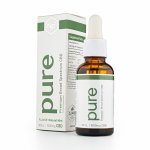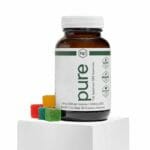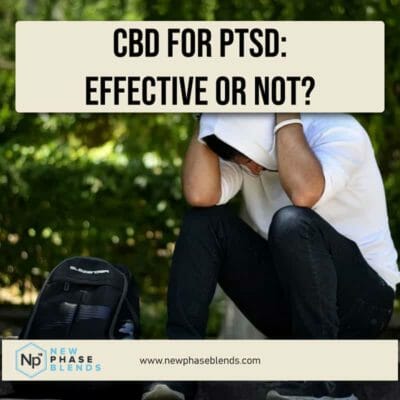Post-traumatic stress disorder (PTSD) can feel like living with a constant shadow, affecting every aspect of daily life. For those seeking alternative approaches to managing symptoms, CBD has emerged as a potential option worth exploring. This guide examines the science behind CBD products for PTSD, how it might help calm symptoms, and practical information for those considering this natural approach.
Understanding PTSD and Traditional Treatment Approaches
Post-traumatic stress disorder develops after experiencing or witnessing traumatic events. The condition manifests through intrusive memories, nightmares, severe anxiety, and uncontrollable thoughts about the traumatic experience. These symptoms can significantly impair quality of life and daily functioning.
Traditional PTSD treatments typically include psychotherapy approaches like Cognitive Behavioral Therapy (CBT) and Eye Movement Desensitization and Reprocessing (EMDR). Many patients also benefit from prescription medications such as SSRIs and SNRIs, often used alongside therapeutic approaches. Group therapy and support networks provide additional layers of healing through shared experiences and community understanding. While these conventional treatments help many individuals, some experience limited relief or struggle with medication side effects. This has led to growing interest in complementary approaches like CBD that might offer relief with potentially fewer adverse effects.
What is CBD and How Does It Work?
CBD (cannabidiol) is a non-psychoactive compound derived from the cannabis plant. Unlike THC (tetrahydrocannabinol), CBD doesn’t produce the “high” associated with cannabis use, making it an appealing option for symptom management without intoxication.
CBD works primarily by interacting with the body’s endocannabinoid system (ECS), a complex cell-signaling network that helps regulate various functions including mood, memory, sleep, and stress response. The ECS consists of naturally produced cannabinoids in your body (endocannabinoids), receptors that bind with these cannabinoids, and enzymes that break them down when their work is complete. When CBD enters the body, it influences this system in ways that may benefit individuals with PTSD. Specifically, CBD appears to enhance the availability of natural endocannabinoids by inhibiting the enzymes that break them down, potentially leading to improved mood regulation and reduced anxiety.
The Science Behind CBD for PTSD
Research into CBD for PTSD is still developing, but early findings suggest several mechanisms through which CBD might help with symptom management. CBD has shown anxiolytic (anxiety-reducing) properties in both animal and human studies. A 2019 review published in the Journal of Clinical Psychology found that CBD demonstrated potential for reducing anxiety in multiple anxiety disorders, including PTSD. This effect appears linked to CBD’s interaction with serotonin receptors in the brain, similar to how some anti-anxiety medications work.
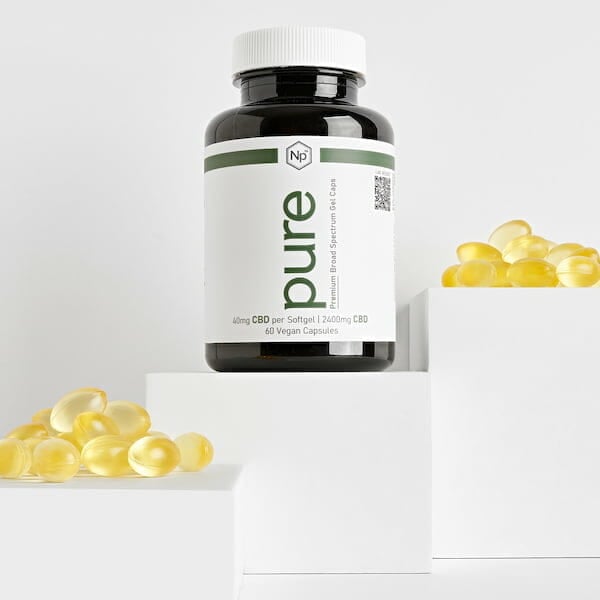
One of PTSD’s hallmarks is the persistent re-experiencing of traumatic memories. Preclinical research suggests CBD may influence how fear memories are processed and stored. A 2016 study in Frontiers in Pharmacology indicated that CBD might help with the extinction of aversive memories, potentially reducing their emotional impact over time. This could be particularly significant for PTSD patients who struggle with intrusive memories that trigger intense emotional responses.
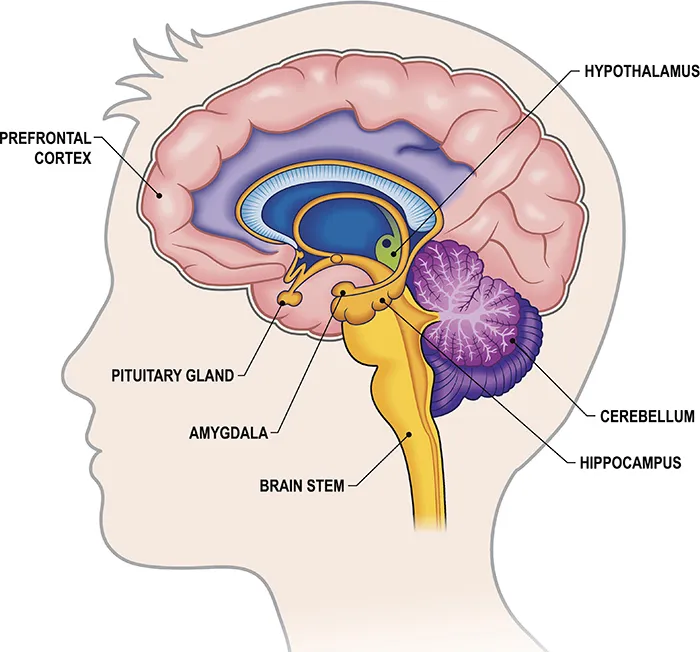
Sleep disturbances—including insomnia and nightmares—significantly impact PTSD sufferers. A small but promising 2019 case series published in The Permanente Journal found that CBD supplementation improved sleep scores in 66% of patients experiencing anxiety and poor sleep, including some with PTSD. Better sleep quality can create a positive ripple effect, improving daytime functioning and emotional regulation.
The hyperarousal aspect of PTSD—characterized by heightened startle responses, irritability, and constant vigilance—may also respond to CBD’s calming effects on the central nervous system. This effect appears related to CBD’s modulation of the body’s stress response systems, potentially offering relief from the exhausting state of perpetual alertness that many with PTSD experience.
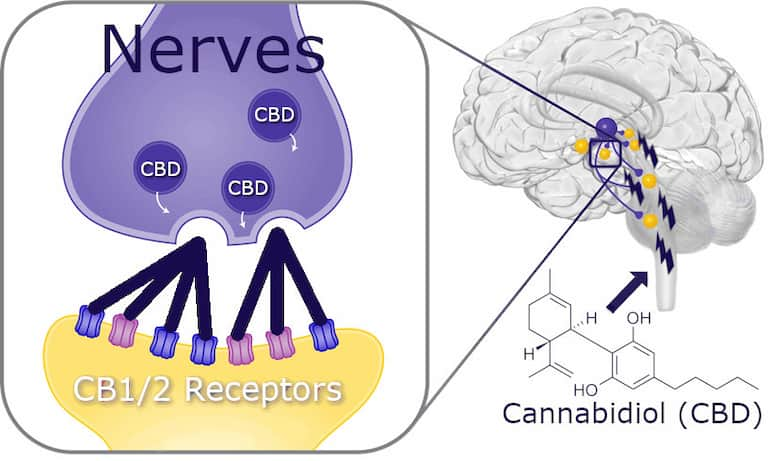
Forms of CBD and Administration Methods
If you’re considering CBD to help with PTSD symptoms, understanding the various forms and administration methods can help you make informed decisions. CBD oils and tinctures come in liquid form, allowing for flexible dosing and relatively quick absorption when placed under the tongue. Effects typically begin within 15-30 minutes and may last 4-6 hours, making them versatile for both routine use and occasional symptom management.
Type: Pure CBD Oil
CBD: 1000mg or 2000mg
Features: Free shipping, money back guarantee on all products
CBD capsules offer precise dosing and convenience for those who prefer a simple, consistent approach. They provide longer-lasting effects (6-8 hours) but with delayed onset (45-60 minutes) due to digestive processing. This format might be particularly suitable for maintaining steady CBD levels throughout the day.
From gummies to beverages, CBD edibles offer a discreet and palatable option. Like capsules, they have delayed onset but potentially longer duration, which can be beneficial for extended symptom relief. Topical CBD products applied directly to the skin target localized issues and may help with physical tension associated with PTSD, though they don’t enter the bloodstream in significant amounts and therefore have limited effects on psychological symptoms.
Type: Pure CBD Gummies
CBD: 45mg Per Gummy
Features: Free Shipping, Money Back Guarantee
Inhaled CBD through vaporization provides the fastest relief (effects within minutes) but has a shorter duration (2-3 hours). This method may be helpful for acute anxiety episodes but carries respiratory considerations that should be discussed with healthcare providers.
Practical Guidance for Using CBD with PTSD
If you’re considering CBD for PTSD symptom management, a methodical approach can help ensure a safe and potentially beneficial experience. First and foremost, consult healthcare providers before beginning CBD use. Discuss CBD with your mental health provider and physician, especially if you take other medications, as interactions are possible. This conversation is not just a safety precaution but an opportunity to integrate CBD thoughtfully into your overall treatment plan.
Sourcing high-quality products is essential in the largely unregulated CBD market. Look for CBD from reputable companies that provide third-party testing results and clear information about sourcing and production methods. Certificates of analysis should verify both CBD content and the absence of contaminants like pesticides, heavy metals, and solvents.
When beginning CBD use, start with low doses—around 5-10mg—and gradually increase every few days while monitoring effects. This cautious approach allows you to find the minimum effective dose and reduces the risk of unwanted side effects. Keeping a symptom journal can be invaluable during this process. Track your PTSD symptoms, CBD dosage, timing, and any effects (positive or negative) to identify patterns and optimal usage.
Consider timing when incorporating CBD into your routine. Some people find CBD most helpful when taken at specific times—for example, in the evening to support sleep or before situations known to trigger anxiety. Through careful observation and adjustment, you can develop a personalized approach that maximizes benefits while minimizing any downsides.
Important Considerations and Potential Concerns
CBD can interact with certain medications by affecting liver enzymes that metabolize drugs. Particularly important for PTSD patients, CBD may interact with some antidepressants, anti-anxiety medications, sleep medications, and anticonvulsants. These interactions could potentially increase side effects or alter the effectiveness of these medications. This underscores why medical consultation before starting CBD is crucial, especially if you’re on other treatments for PTSD.
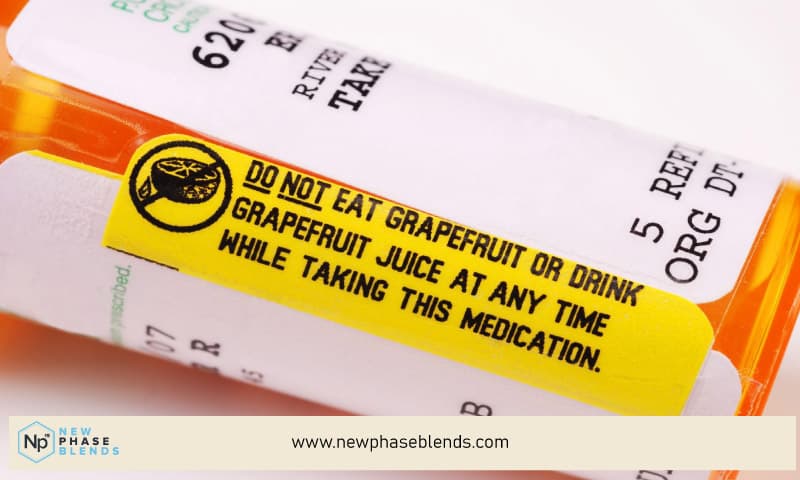
The legal landscape for CBD remains complex. While hemp-derived CBD containing less than 0.3% THC is federally legal in the United States, regulations vary significantly by state and internationally. Research local laws before purchasing or traveling with CBD products to avoid legal complications. Some employers also have policies regarding CBD use, particularly if products contain even trace amounts of THC that might trigger a positive drug test.
Quality assurance presents another significant concern in the CBD marketplace. Products can vary dramatically in potency and purity, with some studies finding discrepancies between labeled and actual CBD content. To ensure safety, choose products with certificates of analysis from independent laboratories that verify CBD content matches what’s advertised and confirms the absence of harmful contaminants. This due diligence is especially important when using CBD for a condition like PTSD, where product consistency can impact symptom management.
Integrating CBD into a Comprehensive PTSD Management Plan
CBD shows promise as a complementary approach, but it’s most effective when integrated into a comprehensive treatment plan. CBD should supplement, not replace, evidence-based PTSD treatments. Continued work with mental health professionals provides the foundation for recovery, with CBD potentially enhancing these established therapies rather than standing alone.
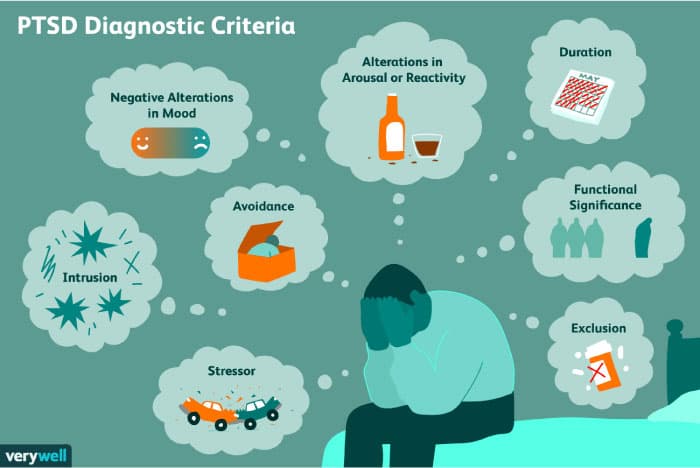
Various lifestyle factors can work synergistically with CBD to improve PTSD symptoms. Regular physical activity naturally reduces stress hormones and can complement CBD’s anxiety-reducing effects. Similarly, mindfulness practices and relaxation techniques, when paired with CBD, may enhance overall stress management. Healthy sleep habits create a foundation for recovery that CBD might help reinforce. Nutritional support for brain health ensures the biological systems CBD interacts with function optimally. Strong social connections and support networks provide emotional resilience that no supplement alone can offer.
Personal Experiences and Case Examples
While individual experiences vary, some PTSD sufferers report specific benefits from CBD that illuminate its potential real-world applications. Mark, a combat veteran, describes how CBD helps him manage sudden anxiety spikes: “I keep a CBD tincture on hand for when I feel panic setting in. It doesn’t eliminate my need for therapy, but it helps take the edge off enough that I can use the coping skills I’ve learned.” His experience highlights CBD’s potential role as a facilitator of existing therapeutic strategies rather than a standalone solution.
Similarly, Sarah, who developed PTSD after a car accident, found that CBD improved her sleep quality: “The nightmares were exhausting me. With evening CBD, I still occasionally have bad dreams, but I don’t wake up in a complete panic, and I can usually get back to sleep.” Her story emphasizes how addressing one symptom—poor sleep—can create cascading positive effects on overall functioning and quality of life.
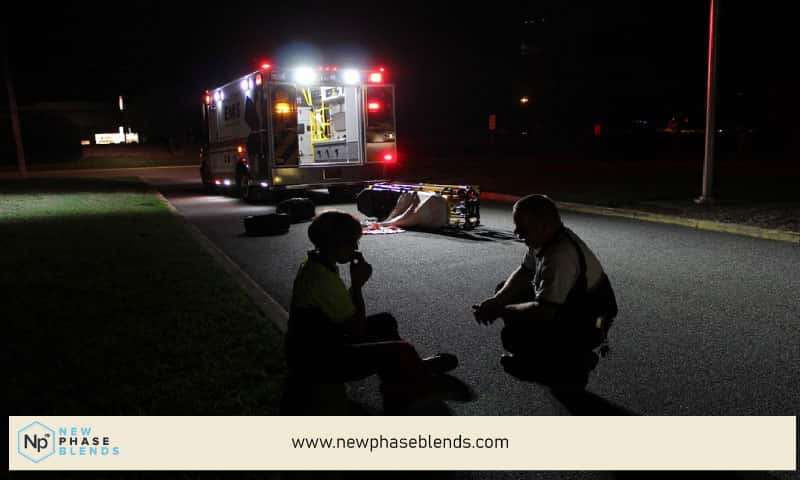
These personal accounts illustrate how CBD might fit into individualized approaches to PTSD management. While not universal or definitive, such experiences provide valuable perspectives on the lived reality of incorporating CBD into comprehensive treatment plans.
Conclusion: Is CBD Right for Your PTSD Management?
CBD represents a promising complementary approach for some aspects of PTSD symptom management. While research continues to evolve, current evidence suggests potential benefits for anxiety reduction, sleep improvement, and emotional regulation—all key challenges for PTSD sufferers. The non-intoxicating nature of CBD makes it an appealing option for those who need to maintain clear-headed functioning while seeking symptom relief.
If you’re considering CBD for PTSD, approach it as one component of a comprehensive treatment strategy rather than a cure-all solution. Work with knowledgeable healthcare providers who can help monitor your response and integrate CBD appropriately with other treatments. Start with quality products and conservative dosing to minimize risks while exploring potential benefits. Most importantly, monitor and adjust based on your unique response, as individual variations in both PTSD symptoms and CBD effects are significant.
The journey through PTSD recovery is deeply personal, and finding the right combination of treatments takes time and patience. CBD may offer another tool in the toolkit for reclaiming your sense of safety, peace, and well-being in the aftermath of trauma. With careful implementation and realistic expectations, it could become a valuable part of your path toward healing.



